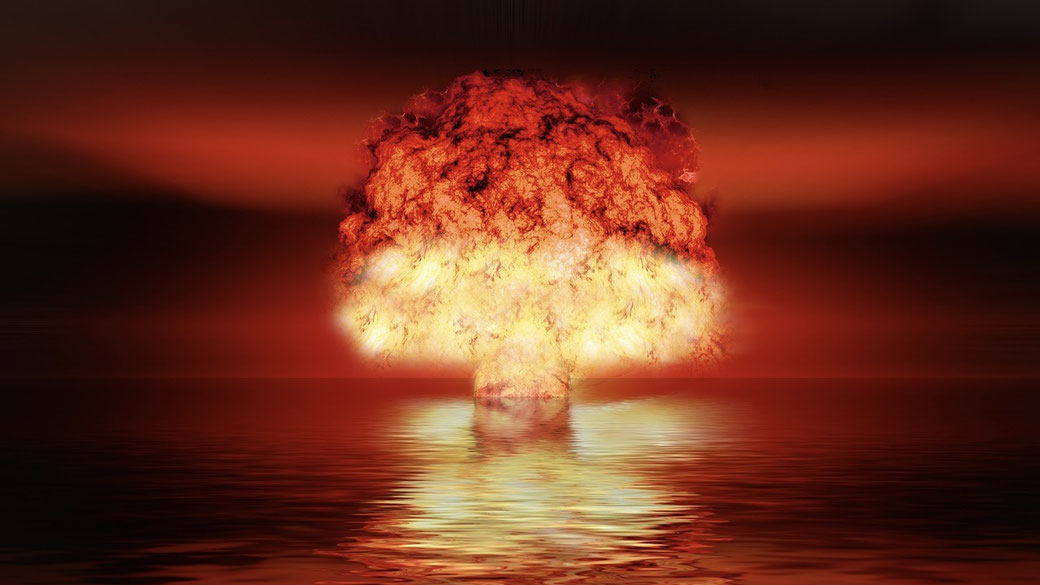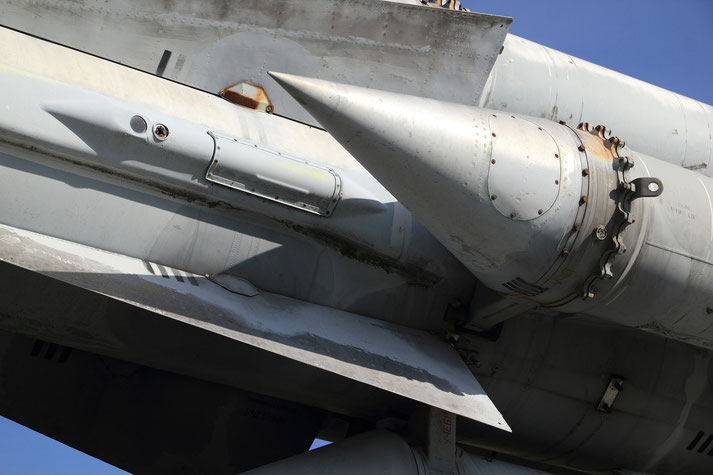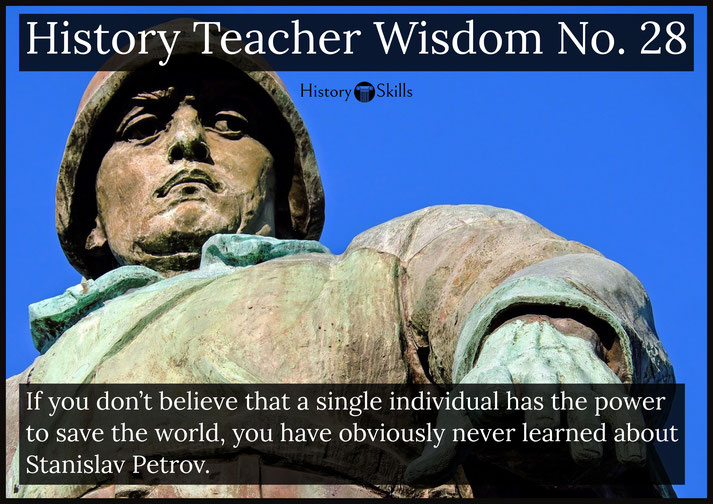How one man's split-second decision in 1983 saved humanity from nuclear annihilation

In the early hours of 26 September 1983, at a Soviet military facility known as Serpukhov-15, Lieutenant Colonel Stanislav Petrov of the Soviet Air Defence Forces sat before a console that monitored the Soviet Union’s early-warning satellite system.
Outside, the world remained unaware that it had come dangerously close to nuclear destruction. The tension between the superpowers had reached critical levels in the early 1980s.
The Soviet Union feared an American first strike, and in response, its nuclear alert systems had become increasingly sensitive.
Any false reading could trigger a disastrous counterattack. At approximately 00:15 local time, Petrov's screen, which was connected to the newly deployed Oko satellite-based early-warning system, reported that five intercontinental ballistic missiles had been launched from the United States.
The satellite in question, identified as Cosmos 1382, appeared to detect launches from American bases that were thought to be located in Montana.
The Soviet Union had less than half an hour to decide on a response.
Cold War Tensions and Technological Vulnerabilities
Throughout 1983, the Cold War had entered one of its most unstable phases.
After the Soviet invasion of Afghanistan and the installation of US Pershing II missiles in Western Europe, Soviet leaders began to believe that a Western pre-emptive strike was a realistic possibility.
NATO’s upcoming Able Archer 83 exercise, which was scheduled for November, raised even greater suspicion.
Within Soviet command, fears intensified that such drills might disguise a genuine attack.
That atmosphere of fear fed directly into the workings of the early-warning system, which had only recently begun working and remained largely untested in real combat situations.
The infrared sensors aboard the Oko satellites were particularly vulnerable to misreading atmospheric irregularities, a flaw that had not yet been fully understood by engineers.
When the alarm triggered that night, the system indicated a launch of five missiles from American bases.
Under Soviet doctrine, any indication of a US nuclear strike was to be met with a counterattack.
Petrov’s role as the duty officer in charge of examining incoming launch data placed him at the centre of a decision that could lead to a global nuclear war.
Soviet command protocols did not permit long deliberation. Petrov was expected to confirm the launch quickly, so that leadership could authorise a counterstrike before enemy missiles reached Soviet territory.
Instead of acting on the system’s alert, Petrov hesitated. He drew on his experience as an engineer and analyst when he considered the unlikelihood of such a limited launch.
American strategy emphasised overwhelming first strikes. The detection of only five missiles seemed inconsistent with what Petrov understood of US military planning.
He later remarked that "no one starts a nuclear war with only five missiles." He also noted the absence of supporting data from Soviet ground-based radar stations, including the Dnepr radar system, which was located across the USSR, were not able to detect missiles immediately after launch from North America and had not yet registered any incoming objects.
Based on this, he concluded that the satellite warning system had likely failed.
Cause of the False Alarm and Its Averted Consequences
Within minutes, the data disappeared. No detonations followed. Petrov’s judgement had been correct.
Later investigations concluded that a rare alignment of sunlight on high-altitude clouds over the continental United States had caused the satellite’s infrared sensors to misinterpret the reflected light as missile plumes.
The designers had not accounted for this possibility in the satellite’s programming.
Soviet engineers had built a system that was very advanced but unable to handle rare environmental events.
Petrov’s decision to override the computer and classify the alert as a false alarm prevented a counterattack that could have killed hundreds of millions of people.

After the incident, Petrov received neither reward nor official commendation. His actions were kept secret from broader military and political circles.
He was reportedly blamed for not recording the incident correctly, though no formal punishment was issued.
Public recognition occurred only when the Cold War ended and former Soviet officials revealed how dangerous the incident had been.
In interviews decades later, Petrov maintained that he had simply been doing his job and refused to describe himself as a hero.
The Soviet military eventually reassigned him, and he retired quietly and kept a low profile near Moscow.
He died on 19 May 2017, and news of his death did not become public until several months later.
Historical Significance and the Human Factor
Historians have since said that the 1983 incident is as risky as the Cuban Missile Crisis.
However, unlike the well-documented deliberations between Kennedy and Khrushchev, Petrov’s decision occurred in isolation.
He had no access to high-level diplomacy or support. His careful thinking and decision to ignore automatic warnings prevented the outbreak of war.
Petrov later said that he trusted his gut feeling and reason instead of adhering to strict rules.
Had a more by-the-book officer been on duty that night, the consequences may have been catastrophic.
Discussions on nuclear command systems and automation have widely examined how Petrov’s actions affected these debates.
His case has become a reference point for arguments about the risks that arise when critical decisions are delegated to early-warning technology.
Military planners now accept the need for human supervision in these systems.
The Petrov incident also contributed to later reforms in Soviet and Western nuclear procedures, which emphasised a system of redundancy that included independent verification and protocols requiring delayed authorisation.
His story has since been explored in books, academic journals, and a 2014 documentary titled The Man Who Saved the World.
In 2004, he received the World Citizen Award, and in 2013, he was honoured at a United Nations ceremony in New York.
Looking back, 26 September 1983 stands as a date when disaster was avoided by the narrowest of margins.
Stanislav Petrov’s clear-headed decision prevented the launch of a nuclear counterstrike based on false data.
The world remained unaware of the danger until long after the fact, but historians now recognise that the Cold War nearly ended in destruction that night.
Petrov’s actions serve as a reminder of how individual judgement, exercised in a moment of great pressure, can influence the fate of nations.
What do you need help with?
Download ready-to-use digital learning resources
Copyright © History Skills 2014-2025.
Contact via email
With the exception of links to external sites, some historical sources and extracts from specific publications, all content on this website is copyrighted by History Skills. This content may not be copied, republished or redistributed without written permission from the website creator. Please use the Contact page to obtain relevant permission.






